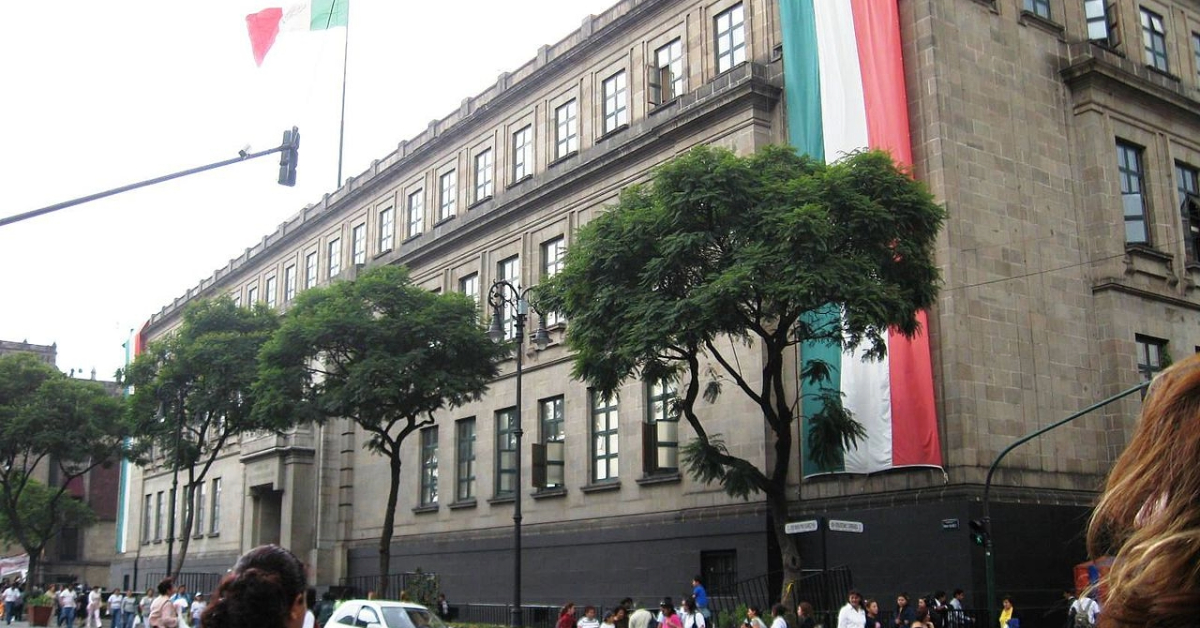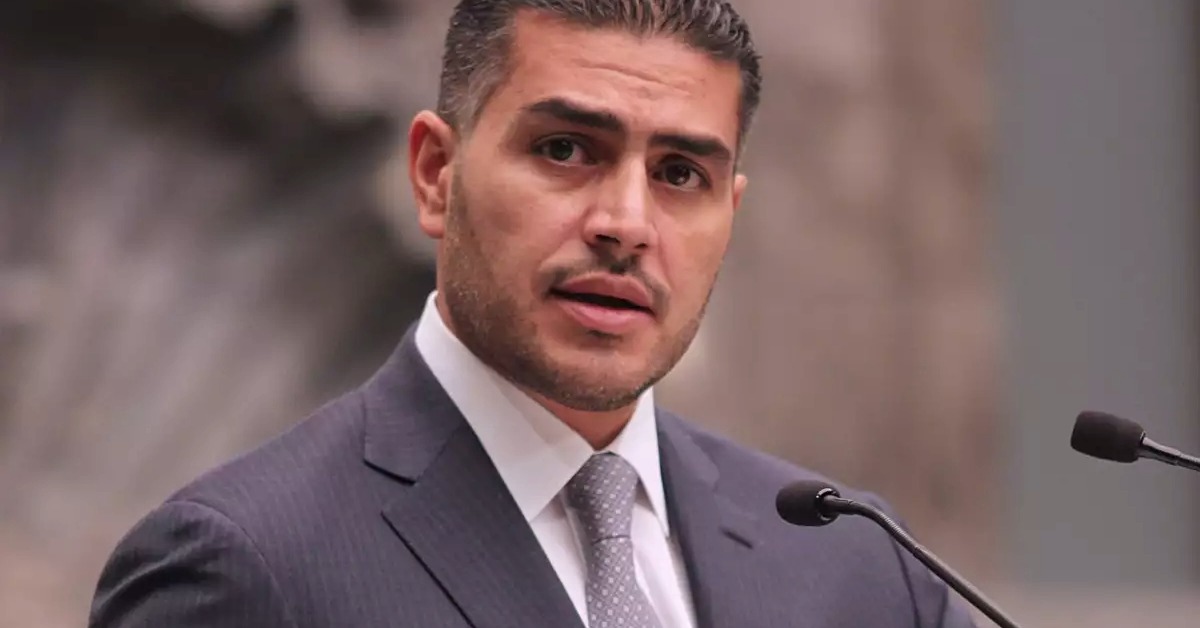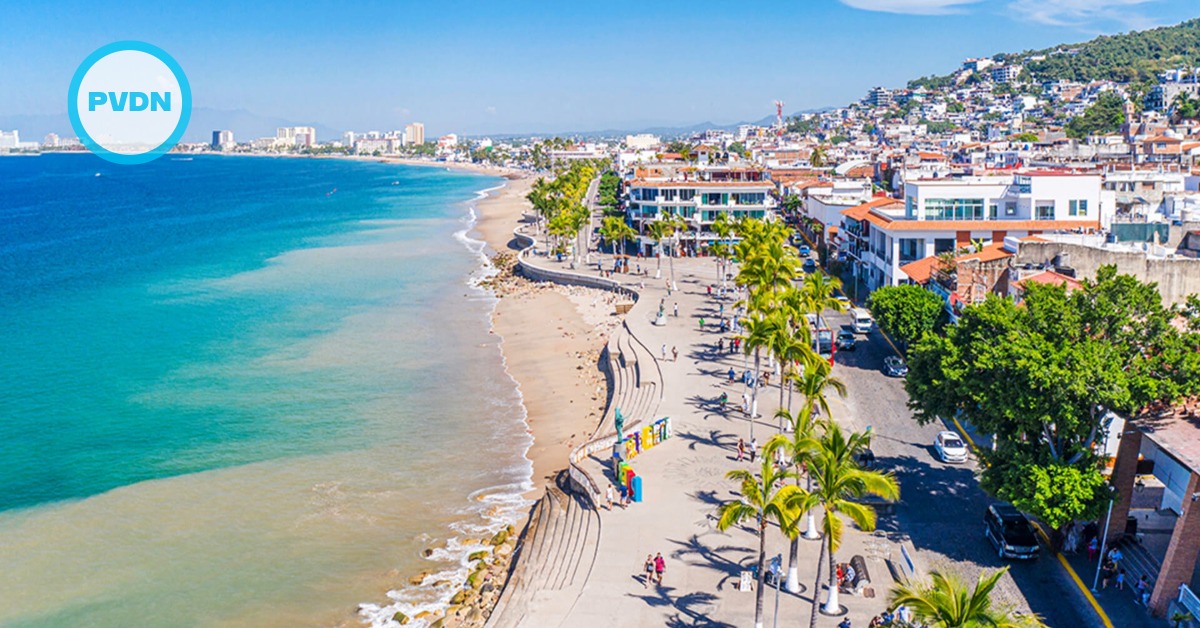The National Human Rights Commission filed a constitutional challenge against Puerto Vallarta’s foreign tourist tax for 2025, arguing that Article 80 Bis violates legal certainty and fair treatment. Read about the implications of the Puerto Vallarta foreign tourist tax challenge.
In late March 2025, Mexico’s National Human Rights Commission (Comisión Nacional de los Derechos Humanos, CNDH) took formal legal action against Puerto Vallarta’s decision to impose a fee on foreign visitors. The commission filed a constitutional challenge (archivo 41/2025) before the Supreme Court of Justice of the Nation (Suprema Corte . . .






